|
The other day, Scott and I finished harvesting the lost orchard. It’s rangy and overgrown with poison oak and blackberries, but it’s our treasure trove. Or rather, treasure grove, as it is possibly the oldest cider orchard in California. This is where we glean a lot of our traditional tannic cider apples, and yes, it’s how our Lost Orchard cider got its name.
But I find many other things when I’m at the lost orchard. I suppose the first is serenity, for lack of a better word. Maybe I should call it the ability to unplug and reset. There’s no cell service. I can’t be distracted by calls, texts, email, Twitter, Facebook, Instagram, or any of the attendant white noise. It’s just Scott and me, the towhees and jays, and unfortunately the most annoying little flies. We talk a little, drink coffee and eat donuts (a guilty harvest pleasure, my fault), goof off a bit, and I take (a lot of) photos. But mostly we’re left to our own thoughts while we pick and gather. Occasionally I’ll have some deep thoughts, but on the whole, they’re fairly mundane and focused on the here and now. I try to figure out how to pick the apples that are out of my reach and still won’t drop even when hit with a panking pole. I scope out the best way to get an apple that’s rolled awfully close to a patch of poison oak. I find myself being thankful that I’m up to date on my tetanus booster. I try a Kingston Black and note that it’s juicier than the ones from our home orchard, then bite into a Yarlington Mill and think that it tastes a little like strawberries. Stuff like that. It’s all about sense and physicality—reaching, picking, smacking the trees, getting scratched on the arms, tasting, spitting, stooping, lifting, stretching the back, doing things the way they’ve been done for centuries. I also feel like I’ve found kindred spirits in the orchard. No, not ghosts. Rather, affirmation that we’re not alone, because sometimes, it does feel that way. A few decades ago, people like us started this orchard with the same wild hopes as us. It was not a heady time for cider, most definitely not around here. That’s when the wine industry was getting busy pulling out orchards to convert to vineyard. During those years, planting an orchard of Old World tannic apple varieties to make cider was, let’s be honest, pretty nuts. But they did it anyway, and I am grateful for them, for their guts and tenacity, and I hope they know we value their work and vision, and love their trees and everything they stood for. I especially love the trees. When Scott first started restoring the orchard with his scythe, weed-whacker, loppers, and pruners, it was engulfed in Scotch broom, blackberries, and poison oak. I remember him coming home one day, exclaiming: “I just found four Kingston Black!” The trees had been completely encased by brambles and brush. It’s still pretty unruly there—it’s going to take more than four years to make it resemble a well-managed orchard again—but it’s quite lovely in a feral sort of way, with the lichen and Spanish moss draped on the limbs, and the wild fennel and oaks sprouting up between the rows. The orchard is resilient, and I can learn a lot from that. I think what I find most remarkable about the orchard is its nobleness of purpose. I know that sounds like a load of marketing manure, but if you really think about it, it’s astounding that these apples were chosen among the millions of genetic variations possible. But they weren’t bred so as to never turn brown, or to be able to withstand shipping over thousands of miles, or to be the biggest or cosmetically perfect. These varieties don’t abide the world’s industrial farming practices, nor do they conform to our culture’s vanity and superficiality. They were selected for one reason: to transform into beautiful cider and give us pleasure. It’s hedonism, I suppose, but it’s also poetry. Or, shall I say, poetree.
3 Comments
|
EllenTilted Shed co-owner, cider evangelist & shameless rabble rouser! Archives
February 2021
Categories
All
|
|
|
All materials copyright Fireball Farm & Ciders, LLC. 2011-2024. All rights reserved. All product names are trademarks or registered trademarks of Fireball Farm & Ciders, LLC. Tilted Shed Ciderworks is a registered trademark.
Home page photo by Karen Pavone Photography. We respectfully acknowledge that our orchard and those of our farmers are on the unceded lands of the Coast Miwok, Southern Pomo, and Graton Rancheria peoples. We sell alcohol. You must be 21+. This website uses cookies to improve your experience. Accessibility: We are committed to providing a fully accessible and optimized user experience for all site visitors, regardless of vision or other impairments. Should you experience any difficulty in accessing this website, please call 707-657-7796 or email info at tiltedshed dot com during normal business hours for assistance with this website. |

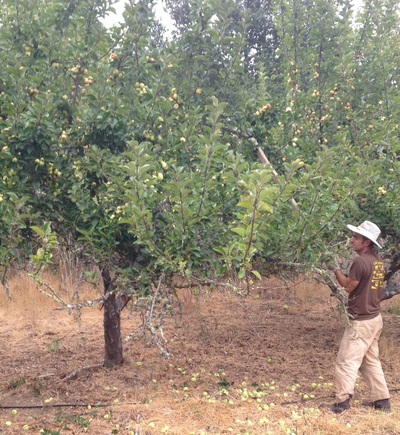
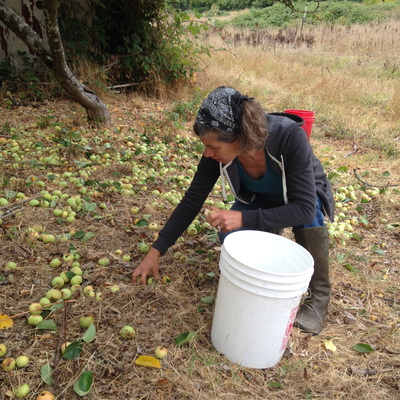
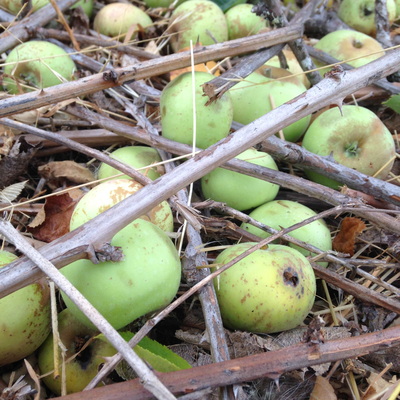
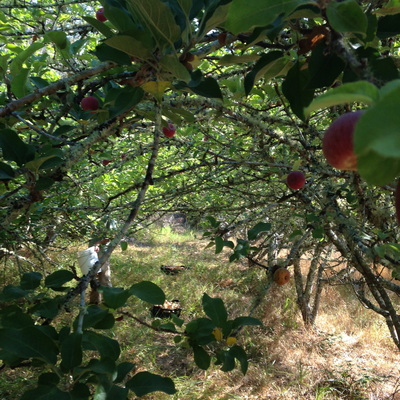
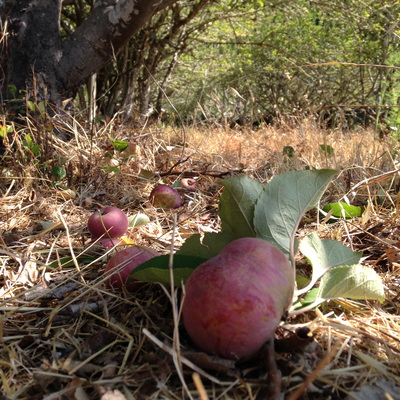
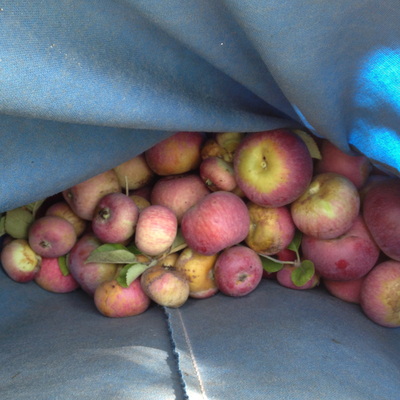
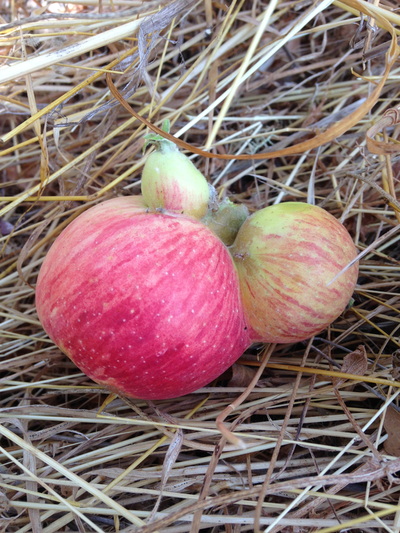
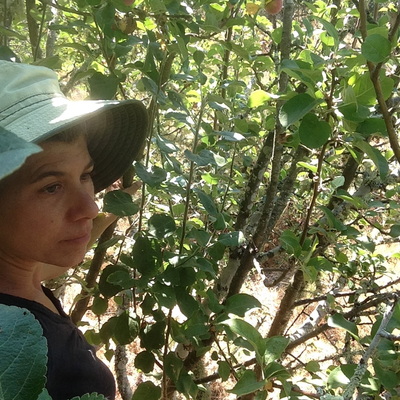
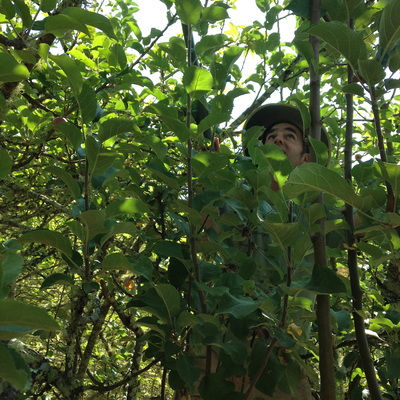
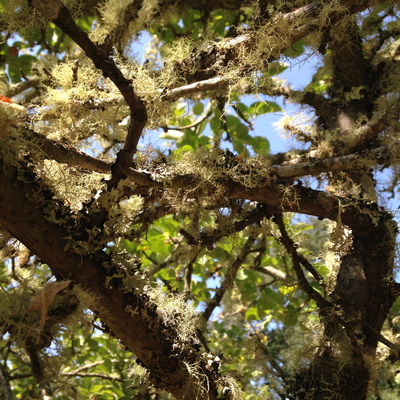
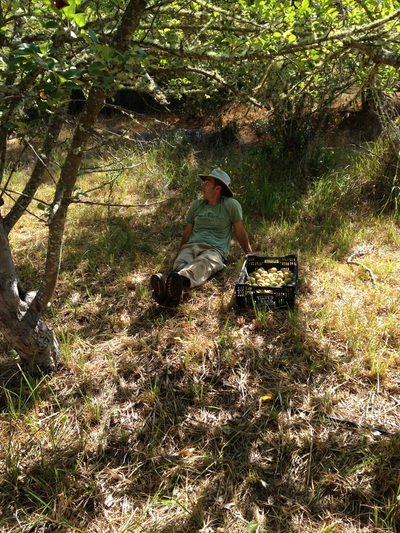
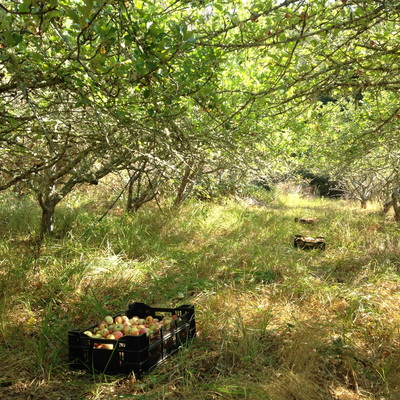
 RSS Feed
RSS Feed